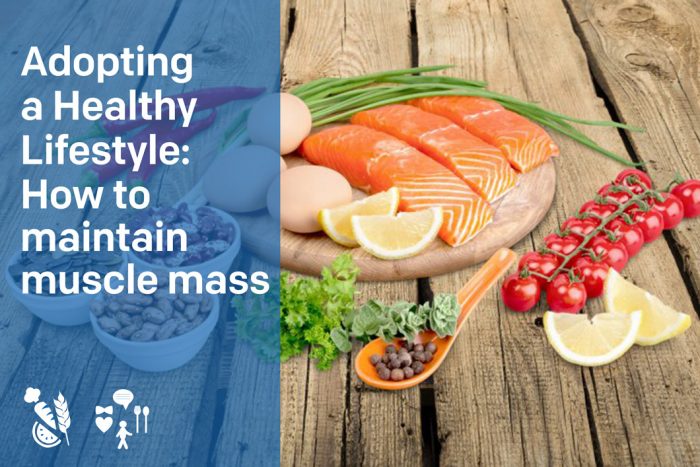The power of protein
Protein is an essential nutrient and is an important component of every cell in the body.
We need protein to build and repair tissues, fight infections and strengthen our immune system. Protein also has an important role in building and maintaining muscles, bones, skin, blood and cartilage.
In general, our diet provides enough protein. However, people with cancer often need a greater amount. Indeed, a patient’s protein requirements may increase during cancer treatment. Extra protein is usually needed to help heal tissues and fight infection after a cancer treatment such as radiation therapy, surgery or chemotherapy.
Increase protein intake and exercise
Protein is a “macronutrient” meaning that the body needs relatively large amounts of it. However, the body does not store protein, and therefore has no source to draw on when it needs a new supply. When our body doesn’t get enough protein, it might break down muscle for the fuel it needs.
In order to maintain and build muscle mass, it is important to take in adequate amounts of protein and to exercise regularly. As you age, the body’s metabolism slows down and it becomes harder to build muscle. Also, muscles tend to break down more quickly. Therefore, it is essential to build and maintain muscle mass by eating adequate protein and exercising.
The right amount of protein
Building muscle mass is one of the most effective ways to change your metabolism. To accomplish this objective, it is important to nourish the muscles by supplying the right amount and the right kinds of protein.
The general recommendation is approximately 35% of your calorie intake. You can also determine the amount of protein you need each day by looking at your lean body mass. It takes about 1 gram of protein per pound of lean body mass. For example, a typical man with 150 pounds of lean body mass will need about 150 grams of protein per day.
Low-fat, high protein sources
Protein is found in both animal and plant foods. Good sources of protein include fish, poultry, low-fat dairy products, nuts, dried beans, peas, lentils, tofu and soy foods.
List of low-fat, high protein sources:
- 7 egg whites: 25 g of protein and 115 calories
- Chicken breast (4 oz): 25 g of protein and 140 calories
- Ocean-caught fish (4 oz): 25 g of protein and 140 calories
- Canned tuna in water (3.5 oz): 25 g of protein and 110 calories
- Two veggie burgers: 28 g of protein and 180-220 calories
- Soy protein shake with fruit: 25 g of protein and 200 calories
See as well:
Adopting a Healthy Lifestyle – How to lose the body fat?
Benefits of Good Nutrition and Exercise on Prostate Cancer
You have questions? Speak to one of our health professionals.
Contact our toll-free 24/7 line at 1 855 899 – 2873



 ADDITIONAL RESOURCES
ADDITIONAL RESOURCES

